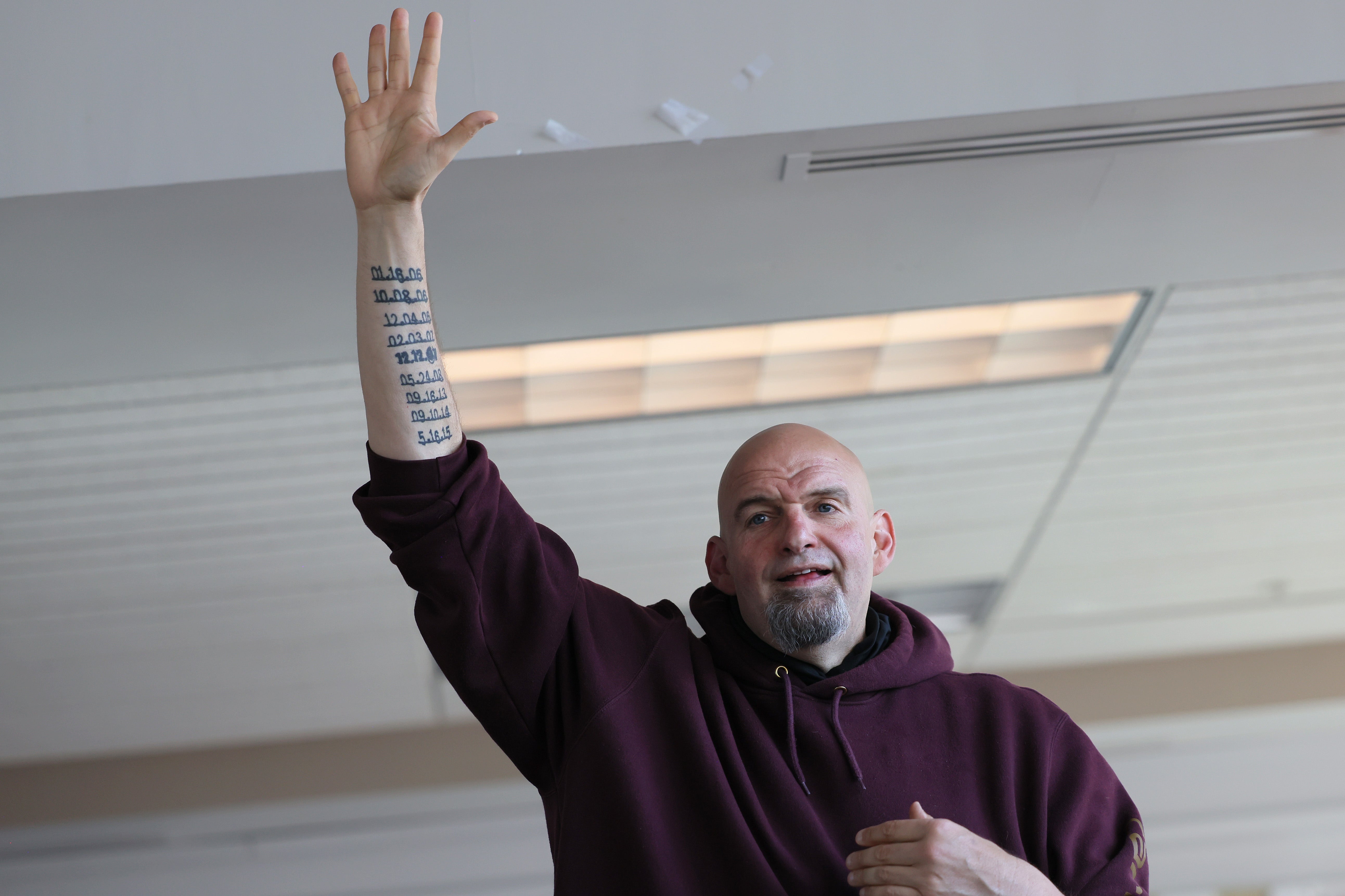With more primaries on the way, progressive Democrats face a stark choice
An all-out blood feud is brewing between progressives and Democratic leadership in New York


Progressives had plenty to smile about after Tuesday’s primary contests. In Oregon, Jamie McLeod-Skinner beat incumbent Democratic Representative Kurt Schrader, who pushed to pass the bipartisan infrastructure bill through the House separately from Build Back Better and voted against letting Medicare negotiate drug prices.
In Pennsylvania, Lieutenant Governor John Fetterman easily did away with the more centrist Conor Lamb, while in the primary for the state’s 12th district, Summer Lee looks likely to win the primary (though with more than 94 per cent of the vote counted, the race is still too close to call.)
But thanks to a few upcoming primaries, progressive Democrats still have their work cut out for them.
Top of the list is their effort to take out incumbent Texas Representative Henry Cuellar, who faces his primary runoff on Tuesday. Like Schrader, Cuellar was part of the group of Democratic holdouts who wanted to pass the infrastructure bill without Build Back Better, and he was also the sole Democrat to vote against Democrats’ legislation to codify Roe v Wade.
But when Politico published a Supreme Court draft opinion showing the court would overturn the 1973 decision that enshrined the right to seek an abortion, Cuellar said he felt that abortion should be allowed in cases of rape or incest and to save the life of the mother.
Cuellar was forced into a runoff in March by progressive challenger Jessica Cisneros, whom he beat in 2020. But much of the heavily Latino South Texas — which includes counties in the Rio Grande Valley where Donald Trump made inroads in 202 — is much like Cuellar, home as it is to many strongly Catholic Hispanic voters who oppose abortion. A loss by Cisneros would be a stinging rebuke to progressives, and would show that many Latinos simply don’t like what left-wing Democrats are selling.
Meanwhile, an all-out blood feud is brewing between progressives and Democratic leadership in New York. Last month, New York’s supreme court tossed out a proposed congressional map that gave Democrats a significant advantage. Then on Monday, Representative Sean Patrick Maloney, the chairman of the Democratic Congressional Campaign Committee, tweeted that he would run in the state’s 17th district. Maloney told The Independent he wanted to do so because that’s where his home is located.
“I’m the only one who lives there,” he told your reporter, saying that the district will be a frontline race and that he has experience running there. But that would pit Maloney, who is white, against Representative Mondaire Jones, one of the first two openly gay Black members of Congress (incidentally, Maloney is openly gay, and one of the first openly gay parents in Congress).
Furthermore, as friend of the newsletter Dave Wasserman of the Cook Political Report tweeted, that would in turn leave Jones to run against another Black congressman, Jamaal Bowman, a member of the Squad who beat incumbent Democratic Representative Eliot Engel in 2020.
That has already infuriated Black and progressive members of the Democratic caucus. When Punchbowl News’ Jake Sherman (a friend of the newsletter) tweeted that Maloney thought he was a better ideological fit, New York Representative Ritchie Torres, who was the other Black openly gay congressman elected in 2020, called Maloney’s words “thinly veiled racism”.
Progressives are not as willing to go to war with Democratic leadership as conservatives like the hell-raising Freedom Caucus were against Republicans in the majority. Remember, most of the progressive caucus voted for the infrastructure bill – though Bowman voted against it and Jones for it. But it’s clear that both Black and progressive members of Congress see this as an act of aggression. The question is what they do about it.
Join our commenting forum
Join thought-provoking conversations, follow other Independent readers and see their replies
Comments